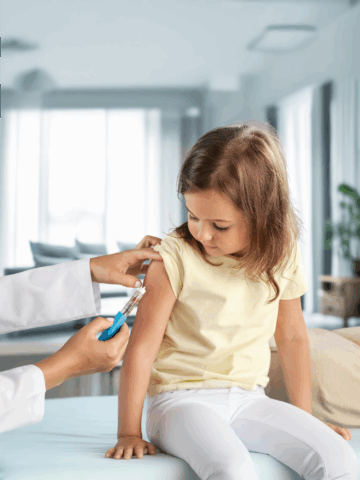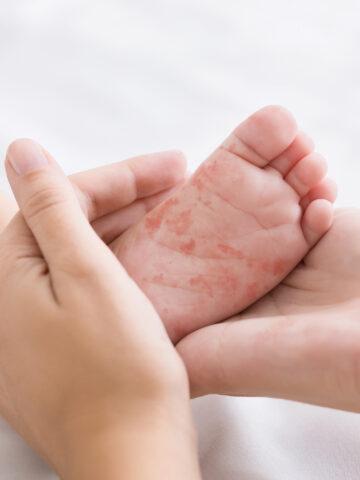By Dr. Shruti Vora, pediatric resident at CHOC
What is HPV?
Human papilloma virus affects nearly all sexually active men and women at some point in their lives according to the Centers for Disease Control and Prevention (CDC). Many people “clear” or fight off their infections within one to two years, never knowing that they ever had an infection at all. A percentage of people with the virus do not clear their infections and may develop genital warts, cervical cancer, head and neck cancers, and penile cancers.
What is the vaccine made of?
Scientists use a “virus-like particle” to make the HPV vaccine. It cannot cause HPV because it is not a portion of the actual virus. The serotypes (specific strains) responsible for the majority of cancers are HPV 16 and 18. Ninety percent of genital warts are caused by HPV 6 and 11. All four serotypes are contained in the quadrivalent (four type) Gardasil vaccine. Gardasil 9, which covers nine additional strains, will soon be replacing the quadrivalent Gardasil, offering even better protection.
If HPV is transmitted sexually, and my child is not having sex, why do they need to get the vaccine?
The HPV vaccine is a preventative vaccine. Studies have shown that in patients who never had HPV, the effectiveness of preventing pre-cancerous changes to the cervix was 97-100 percent . This is why the vaccine is recommended in all girls before they begin to be sexually active. The vaccine is also known to be more effective when given at a younger age. It is recommended in girls 9-26 years of age.
My son is not at risk for cervical cancer, why should he get the vaccine?
The vaccine is recommended in all boys ages 9-21 years due to the fact that many head and neck, penile and anal cancers are directly linked to HPV serotypes 16 and 18. Vaccinating males can also help prevent cervical cancer in their female partners by reducing the rate of transmission.
I am concerned that my child will become sexually active at an earlier age because they received the HPV vaccine.
This is a common concern and actually has been studied multiple times. In the journal Pediatrics in 2012, doctors looked at the medical records of 493 girls who received the HPV vaccine and 905 who did not. There was no difference between the number of pregnancies, rates of sexually transmitted disease testing, or discussions regarding birth control between the two groups.
How do we know that giving the vaccine will not have any side effects?
The most common side effect has been pain and redness at the site of the shot. Fainting has also been reported as the second most common side effect, but the CDC has recommended some years ago for all patients to stay seated or lying flat for 15 minutes after the injection is given. This has greatly reduced the number of fainting spells and subsequent falls.
The HPV vaccine is a rare opportunity for you to make an investment in your child’s future and potentially prevent cancer in our young ones. Ask your pediatrician about it.
For more health and wellness resources from the pediatric experts at CHOC, sign up for the Kids Health newsletter.
Find a CHOC Primary Care Pediatrician
From babies to teens, pediatricians from CHOC’s Primary Care Network partner with parents to offer immunizations, sick visits, sports physicals and more.





